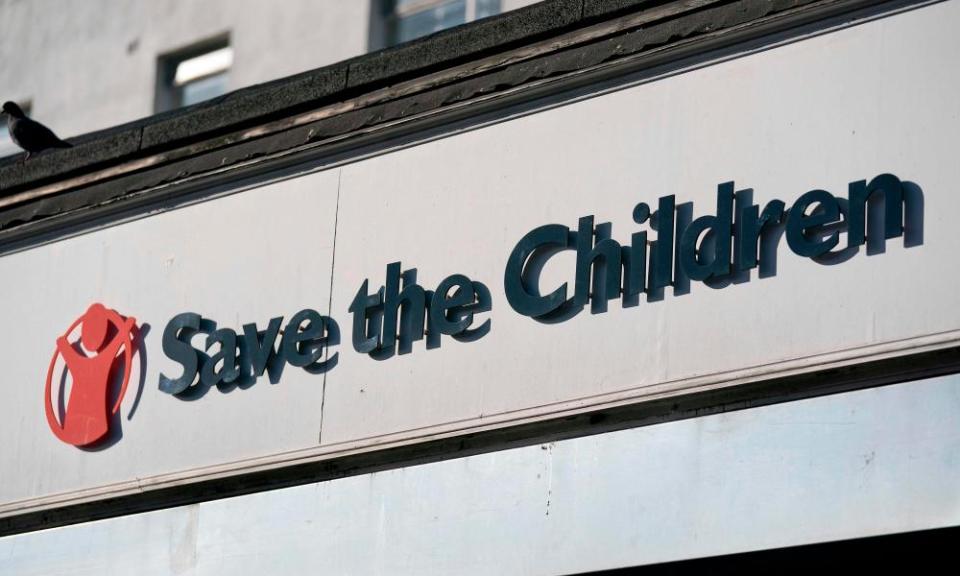Where's the diversity among charity trustees, asks critical report

The largest charities in England and Wales have less diverse boards than FTSE 100 firms, research has found.
An analysis of board members across the biggest charities in terms of income in the two countries, including Oxfam and Save the Children, showed that only 6.3% were from black, Asian or minority ethnic backgrounds, compared with 8.2% among FTSE 100 companies. Women of colour were the least likely group to be on a board or a senior leadership team.
The agency Inclusive Boards, which conducted the research, described its findings as “alarming and significant”.
This follows research last year by the Charities Commission that found charity trustees, who were older, highly educated, disproportionally white and disproportionally male, failed to reflect the communities they serve.
The new study, which examined 500 charities, will find particular resonance in the aid sector. Public trust in British charities has been hit by recent sexual abuse allegations and safeguarding scandals within Oxfam and Save the Children. Neither of the organisations, which are among the top 10 largest charities in England and Wales, had a single ethnic minority individual within senior leadership, researchers found, although both had trustees from ethnic minority backgrounds.
Samuel Kasumu, the managing director of Inclusive Boards, said the findings were sobering.
“Charities champion some of the most marginalised people in the land and they receive such public goodwill and support,” he said. “It is very sobering that they are doing so badly and it’s alarming that organisations that are particularly well resourced within the sector are not able to attract diverse talents.”
He said the 500 charities examined, with income of more than £27m altogther, have had a 14.6% reduction in funding compared with two years ago.
Almost 80% of senior leadership teams in the top 500 charities lack any ethnic minority professionals, while 62% of the charities have all-white boards, the research found. Gender diversity, compared with other sectors, was “better than most”. However the analysis shows imbalance at the top. In a sector whose workforce is 65% female, men are still taking up almost 60% of senior leadership roles.
Inclusive Boards published similar research two years ago, but found “insufficient improvement” – only a 0.3% increase in the levels of ethnic minority individuals on charity boards. It also found that the percentage of all-white boards had actually increased, by 5%.
The report found that out of 6,300 trustees, only 34% were female and only 2.9% women of colour. It criticises the Charity Commission and the Office for Civil Society for not making the case for greater diversity and recommended charities set strategies for improving diversity.
Vicky Browning, the CEO of the Association of Chief Executives of Voluntary Organisations, quoted in the report, said: “The problem of ethnic diversity was well documented and discussed in the voluntary sector but this has not brought change. If action is not taken now, we will be commenting on the same figures in 2018 we were in 2008.”
Sarah Atkinson of the Charities Commission said: “Rather than being something the regulator should enforce, diversity on trustee boards is an opportunity for charities to live their values. Charities stand for fairness and inclusion, and should be doing this because it is right and will enhance their work. Diversity of experience, approach and personality are all conducive to good governance and decision-making, allowing charities to work better for the people they are set up to help.”
She said the organisation continues to press charities to report annually on diversity, in order to build on progress they have already made.
A spokesman for Save the Children UK stressed that one of its board members, Babatunde Soyoye, managing partner of Helios Investment Partners, was from an ethnic minority background, while women accounted for four out of six executive director roles and 64% of the most highly paid jobs.
Clare Conaghan, human resource director of Save the Children UK, said the charity was developing a diversity strategy.
“Like other organisations in our sector, we know we must do better in drawing on the talents of a full range of candidates for every post,” she said.
Oxfam said in a statement: “When recruiting for senior level positions, we always seek to ensure we have the most diverse candidate pool possible, and that at least 50% of candidates are women. Currently a third of Oxfam’s board of trustees belongs to an ethnic minority background. At present, none of the members of our senior leadership team belongs to an ethnic minority background, but this has not always been the case.”

 Yahoo News
Yahoo News 